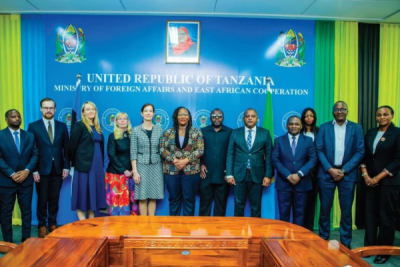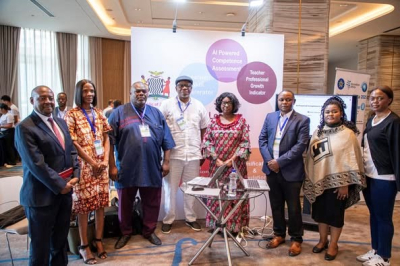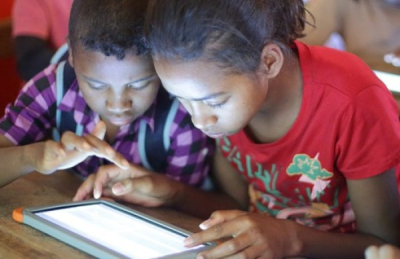- Most African countries lack core AI infrastructure, including internet access, fiber networks, and data centers; Egypt and South Africa lead regional efforts.
- Low digitalization and weak data systems hamper AI development; only South Africa and Mauritius score high in e-government readiness.
- Africa faces a major AI skills gap, but hubs like Nigeria, Kenya, and Egypt are expanding talent pools through tech partnerships and training.
As artificial intelligence reshapes global economies, its adoption in developing countries—particularly in Africa—raises critical issues. It can accelerate progress toward the Sustainable Development Goals (SDGs) by supporting smart agriculture and energy networks, optimizing production and supply chains, improving water management and urban planning, and much more. Case studies show that AI boosts productivity and improves living conditions, if backed by suitable policies and skillsets. UNCTAD, in its Frontier Technologies Readiness Index, assesses countries' capacity to integrate AI. Three critical points emerge for the effective adoption and development of AI. The assessment for Africa on these indicators reveals striking disparities with the rest of the world, also highlighting crucial investments needed for a full and successful 4.0 transformation.
Infrastructure
This indicator refers to digital connectivity and computing power, as well as the networks, architecture, and associated resources needed to create, train, and use AI solutions within a community or country.
Countries best prepared for AI infrastructure
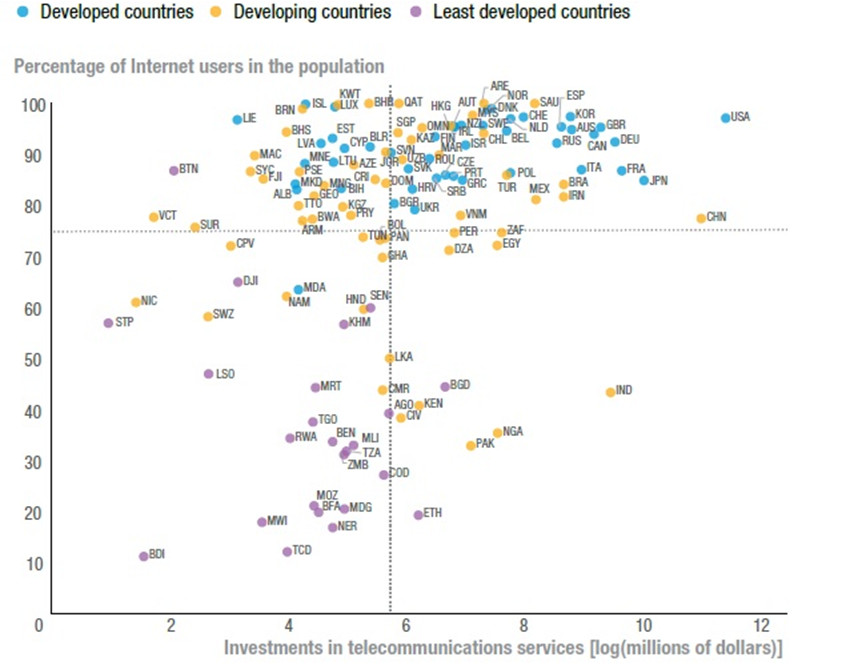
Source: UNCTAD
Many African countries rank among the least prepared for AI globally. In fact, the vast majority of the continent lags significantly in Internet penetration and investments in telecommunications services. In 2024, only 38% of Africans had Internet access compared to a global average of 68%, according to the International Telecommunication Union (ITU). According to Africa Analysis, the total inventory of operational terrestrial fiber optic networks in Africa was about 1,337,158 km, with 112,373 km under construction. However, some North African countries, such as Egypt and Morocco, exceed global averages in Internet penetration and telecom investments, partly thanks to submarine cables. Egypt, due to its geographic position and connections with numerous submarine cable operators, could become a hub linking three continents. The country alone is connected to more than fifteen submarine fiber optic cables. It boasts nearly 90% Internet penetration.
Number of Cloud Infrastructure Services, mid-2024
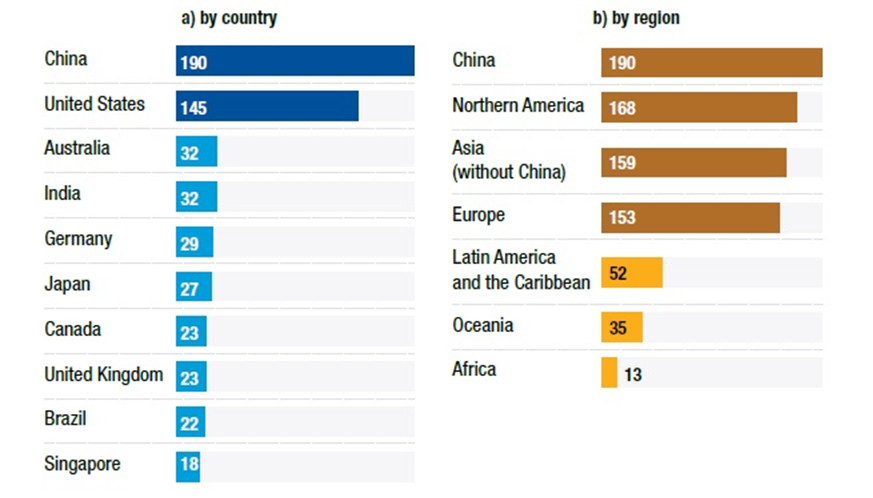
Source: UNCTAD
Africa also lags behind other continents in terms of traffic and participation in Internet Exchange Points (IXPs). Despite its 53 exchange points located in 36 countries, according to the Internet Society, only three countries met the 2010 goal of localizing 80% of all Internet traffic by 2020, with just 20% going through international lines in order to reduce latency and costs.
In terms of cloud infrastructure services, Africa is also behind other regions. South Africa, Kenya, and Nigeria currently host the largest number of data centers on the continent—more than ten centers. Nonetheless, some countries are speeding up digitization, attracting growing interest from investors in data storage and hosting.
Data
Data is essential for training AI models, with dedicated datasets required to apply models to various use cases. Data is not only an input but is also generated by AI systems. Most African countries are considered “laggards” in terms of data readiness for AI, with low potential for adoption and development. The low level of digitization in the majority of African countries deprives the continent of data to feed AI models essential for information analysis. According to the 2024 e-Government Development Index, only two African countries scored very high: South Africa and Mauritius. Seventeen countries had high scores. The remaining thirty-five countries on the continent scored below the global average.
Countries with Internet accessibility favorable for AI
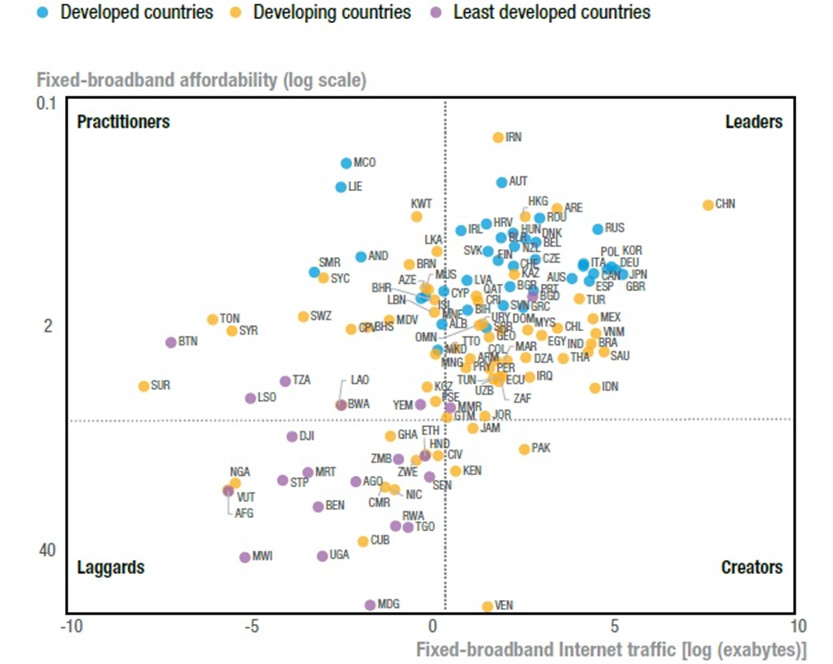
Source: UNCTAD
With regard to fixed broadband data traffic—critical for data flow—Least Developed Countries (LDCs), many of which are African, lag behind other developing nations. In its Mobility Report from November 2024, Ericsson indicates that mobile data traffic will grow by only 21% between 2024 and 2028, rising from 5.4 to 17 gigabits per month. This volume remains well below other regions and even below the global average, which is expected to rise from 19 to 40 gigabits per month.
Internet Exchange Point traffic and number of members, mid-2024
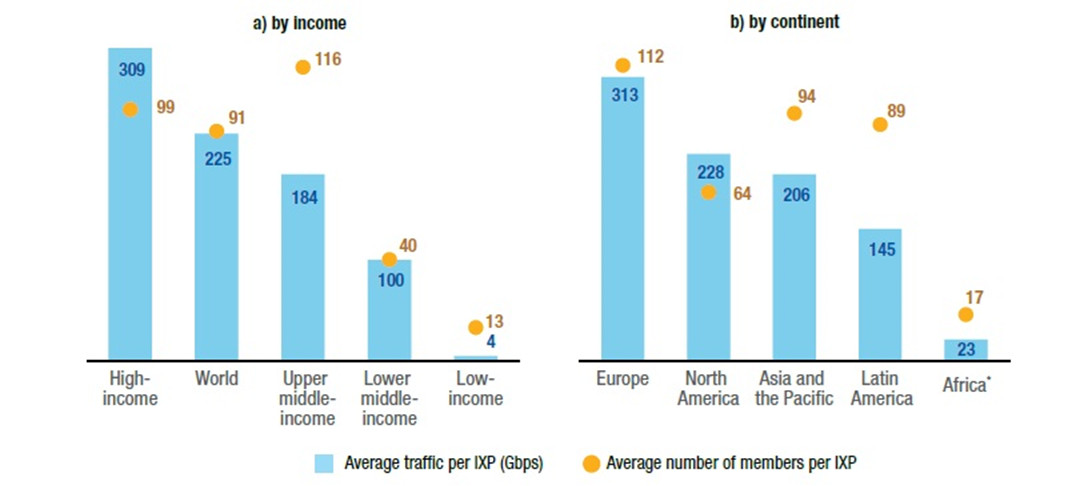
Source: UNCTAD
Delays in Internet exchange points and their transformation also weigh on Internet consumption and data generation.
Skills
On average, LDCs—many of which are in Africa—score significantly lower than developing and developed countries across all dimensions of the Frontier Technologies Readiness Index, with the skills index showing the largest gap.
African countries record relatively low scores in terms of developers per working-age population and in the share of the working-age population with higher education, notes UNCTAD.
Countries with AI-related skills (AI readiness)
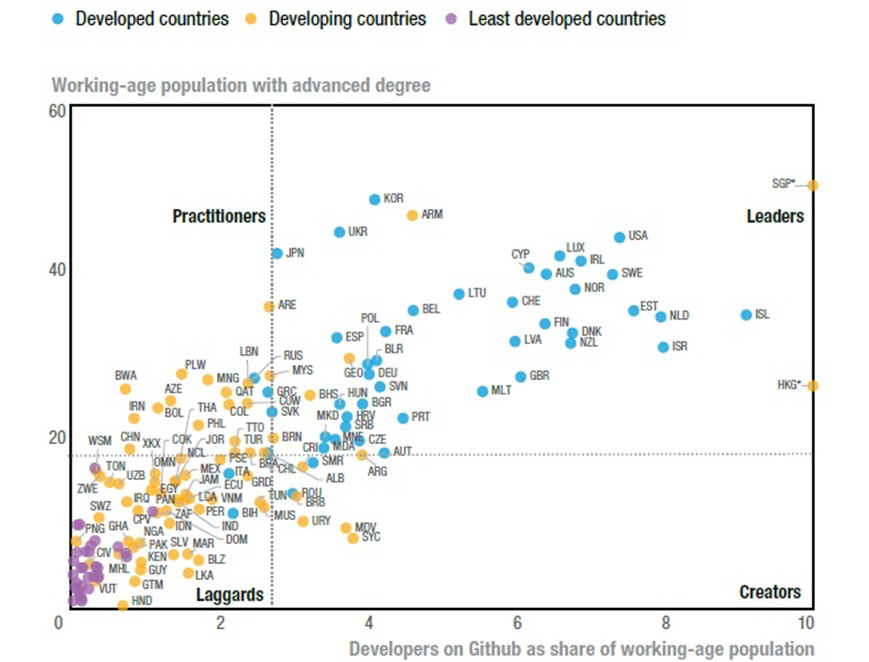
Source: UNCTAD
However, countries like South Africa, Nigeria, Ghana, and Kenya have seen rapid growth in the number of developers, becoming promising hubs for tech companies and fertile ground for tech innovation. Ethiopia and Egypt are also seeing fast growth in the number of people with intermediate and high-level digital skills, thanks to a surge in international partnerships. Private initiatives such as Andela and others backed by major groups like Microsoft, Google, and Huawei also offer hope for Africa’s future workforce.
UNCTAD's report draws a clear conclusion: Africa is currently ill-prepared for the AI revolution. Yet strong signals suggest the continent can catch up by accelerating investments in digital infrastructure, unlocking the potential of data, and scaling up tech skill development. Countries like Egypt, Kenya, and Nigeria are showing the way. If these efforts become widespread, Africa could not only adopt AI, but also become a major player, creating solutions tailored to its unique challenges.
Muriel EDJO








